The World Bank recommends that the Romanian authorities increase the efficiency and equity of the fiscal policy, which will lead to higher revenues without compromising economic growth, World Bank's Country Director for the European Union Gallina Vincelette told AGERPRES in an interview.
In the World Bank's official view, this can be achieved through several measures, including reforming the taxation of labor income and broadening the VAT base.
She also stressed that the success of the Romanian authorities' efforts to further reduce the fiscal deficit will depend on the success of boosting tax collection and greater efficiency in public spending.
With regard to pensions, Gallina Vincelette noted that the World Bank is providing technical assistance on the special pensions reform, assessing the impact of reform options, and the recommendations include differentiated taxation of large special pensions, or the proposal to establish a social security fund for the military.
The WB official also spoke in the interview about the Bank's estimates for the evolution of the Romanian economy, about the capping of energy prices or the exemptions for various labor categories such as IT, agriculture and construction, but also about the programme it is running on community integration for people with disabilities and facilitating the long-term integration of the refugees from Ukraine.
AGERPRES: What is your opinion regarding the evolution of the Romanian economy and what are the WB estimations for the economic growth of Romania?
WB: Romania demonstrated robust economic growth prior to the pandemic, averaging over 3 percent per year over 2010-2019 - among the fastest pace in the EU - and supporting sizable improvements in per capita income. Despite the impact of the large global economic shocks in recent years, the country has displayed remarkable resilience, as highlighted in the 2023 Update of the World Bank Systematic Country Diagnostic for Romania. This resilience, however, is waning alongside broader weakening in the European and global economies amid tighter financing conditions, persistent inflation, and the ongoing effects of Russia's invasion of Ukraine. Romania's growth is expected to decelerate from 4.7 percent in 2022 when the economy recovered from the COVID-19 pandemic to 2.6 percent in 2023. While this year's economic growth rate is expected to remain below its potential, the economy should regain momentum over the medium term as easing inflation allows for a catch-up in real wages, recovering global demand buoys export growth, and sizable EU funds support critical reforms and lifts investment.
AGERPRES: The Romanian government target for this year is a reduction of deficit to 4.4% of GDP. Do you think this target is attainable?
WB: The turbulent global economic environment has prompted governments across the world to step up support to people and firms, slowing fiscal consolidation efforts in the EU, including in Romania, as discussed in the World Bank recently released EU Regular Economic Report. The Romanian Government has put forward reforms that aim to reduce the fiscal deficit and contain macroeconomic imbalances, while advancing critical structural reforms. The success of the efforts to further reduce the fiscal deficit in 2023 and beyond will hinge on the success of boosting tax collection and increasing the efficiency of public spending. A gradual unwinding of untargeted fiscal support will further support the deficit reduction.
AGERPRES: In the first five months of the year the revenues where significant below the level expected by the Romanian government. In your opinion, what measures are needed to improve revenues collection?
WB: The World Bank advocates for increased efficiency and equity of the tax policy in Romania which will lead to higher revenues without compromising growth. This can be achieved through several measures including: (i) reforming the taxation of labor income to increase equity and improve work incentives for low-income workers; (ii) reforming energy taxation to more effectively price carbon emissions and provide greater neutrality across fuel types; and (iii) broadening the VAT base. A wider range of tax policy reforms was proposed by the World Bank in its analysis on improving the tax framework in Romania.
The success of these efforts will depend also on the modernization of the Tax Administration Agency (ANAF), which is critical and should provide a substantial and visible boost to revenues, especially given that Romania has one of the lowest collections of tax revenues in the EU. The modernization of ANAF, under the National Recovery and Resilience Plan (NRRP), will also support these efforts through the digitalization of the Agency to strengthen tax collection and tax compliance, as well as to improve risk management and facilitate the accessibility of online services for taxpayers. Evidence shows that digitalization by itself is a necessary but not sufficient condition for improved performance and points out to the need of upgrading the skills of the staff of tax administration agencies.
AGERPRES:What other measures could help in deficit reduction?
WB: The Romanian Government's efforts to reduce the fiscal deficit via improvements in revenue collection should also be complemented with measures that strengthen fiscal sustainability on the expenditure side, especially given spending pressures from the wage bill and public pensions, the main contributors to the structural budget deficit in Romania.
Pensions and public wage reforms should be further complemented by the removal of exemptions on the revenue side as suggested in the World Bank analysis. Improving the efficiency of public spending would enable the Government to achieve better linkages between resources and results, and support growth, while maintaining a sustainable level of expenditure. The Government is also embarking on a gradual introduction of program-based budgeting. The World Bank provides technical assistance in support of this reform to strengthen the capacity in the center of government, in the context of the NRRP.
AGERPRES: What are your recommendations for the Romanian Government on short and medium term?
WB: Despite noticeable improvements, Romania faces several critical obstacles hindering its path towards a more equitable and sustainable growth both economically and environmentally. The 2023 Update of the World Bank Systematic Country Diagnostic (SCD) for Romania proposes six high-level outcomes that, if achieved over the next 5-10 years, can expedite Romania's development. These are: (i) predictable institutional and economic environment for people and businesses; (ii) equal access to high-quality public services at central and local levels; (iii) better health and education outcomes for all; (iv) favorable conditions for more and better private-sector jobs; (v) climate change mitigation for environmental sustainability of economic activity; and (vi) resilience to shocks and adaptation to climate change, especially for vulnerable households. We invite you to read more in the report.
AGERPRES: What is your opinion regarding the exemption to the income tax that is granted to the workers in certain sectors, like agriculture, construction, IT?
WB: There is a significant scope to increase tax revenue while at the same time increasing both the efficiency and equity of the tax system. Extensive preferential tax regimes and exemptions for various labor categories, combined with a low capacity of the Tax Administration to collect tax revenues diminish the tax base, and introduce distortions, negatively affecting revenue collection and the fairness of the tax system. Potential efforts that could address such issues in Romania are discussed in the World Bank analysis on improving the country's tax framework.
AGERPRES: Regarding the energy sector, do you think that the price cap, which is intended to last until 2025, should be phased out earlier, giving the evolution of the international prices?
WB: The price cap will only be effective if electricity prices are above it. Considering that international energy prices are lower than some months ago, electricity generation prices are following the same trend. Thus, the price cap may be neutral in current conditions. However, the evolution of the energy prices is uncertain, especially over next winter season. The price cap might be an automatic cushion against a potential hike in energy prices over the coming months, but would come at a fiscal cost. Acknowledging the unprecedented energy context globally, we would be prone to recommend more targeted measures such as support schemes for vulnerable segments of the population and specific impacted economic sectors, rather than wider untargeted support.
AGERPRES: There is the danger that Romanian might lose some of the European funding if it does not fulfill a milestone in the PNRR regarding the pension system. The World Bank has provided Romania with technical assistance in this field. What where the main WB recommendations in this regard?
WB: The World Bank is providing technical assistance on the special pensions reform, assessing the impact of reform options. These expert analyses are used to inform the Romanian Government's decisions on special pensions. These recommendations included differentiated taxation of large special pensions, which the Government took on board, and other measures, such as the proposal to establish a social insurance fund for the military.
Overall, the law amending the special pension plans to reduce inequities between the special and the general pensions, by reviewing the benefit formula, and making some categories of workers ineligible and tightening eligibility conditions for others. Another aspect of the reform is that expenditures for special pensions will also be reduced. This provides additional fiscal space for the general pension reform, aimed at reducing inequities in the general pension system while maintaining its financial and social sustainability.
AGERPRES: The World Bank promotes social inclusion via a multitude of programs like community integration for people with disabilities and facilitating the long- term integration of the refugees from Ukraine. How is Romania doing? Has Romania integrated the refugees from Ukraine?
WB: The World Bank has provided technical and financial assistance to the Romanian Government aimed at enabling the longer-term integration of forcibly displaced persons (FPDs) from Ukraine. World Bank financing contributed to deploying measures to enable the access of FDPs from Ukraine to public services and to the labor market.
World Bank financing is complemented by technical assistance. One example is the work carried out by the Bank in the education sector with funding under the Technical Support Instrument in partnership with the European Commission's Directorate General for Structural Reform Support (DG REFORM), where the Bank is assisting the Government in its efforts to respond to the increased demand for education services. So far, the Bank conducted a rapid assessment of educational needs for FDPs from Ukraine and developed an Education Emergency Framework to tackle the challenges faced by forcibly displaced children in accessing quality education. The World Bank identified 71 schools in 8 cities that could accommodate 25,000 new students and where the Framework could be piloted by the Ministry of Education.
AGERPRES: How is Romania protecting the people with disabilities?
WB: In Romania, there are currently about 16,900 people with disabilities living in public institutions. International evidence suggests that institutional care typically provides poorer outcomes in terms of quality of life in contrast to a life lived in the community. Through the National Recovery and Resilience Plan, Romania committed to reducing the number of persons living in institutions to 11.500 persons by 2026. We hope to see this target achieved and these efforts continued beyond 2026.
We are appalled by the recent news about the inhumane treatment in nursing homes and condemn strongly the abuse against the elderly in these homes, as well as against any form of abuse.
The desinstitutionalization of persons with disabilities requires urgent advancements. Reforms should be centered around the rights of persons with disabilities, and on speeding up the desinstitutionalization process while strengthening community based service provision. In addition to having provided technical inputs to two national strategies in Romania, including to support the disinstitutionalization process, the World Bank stands ready to assist the Government also as a technical partner in modernizing Romania's disability assessment system - the gateway to fair and equitable access to services for the general population with disabilities.

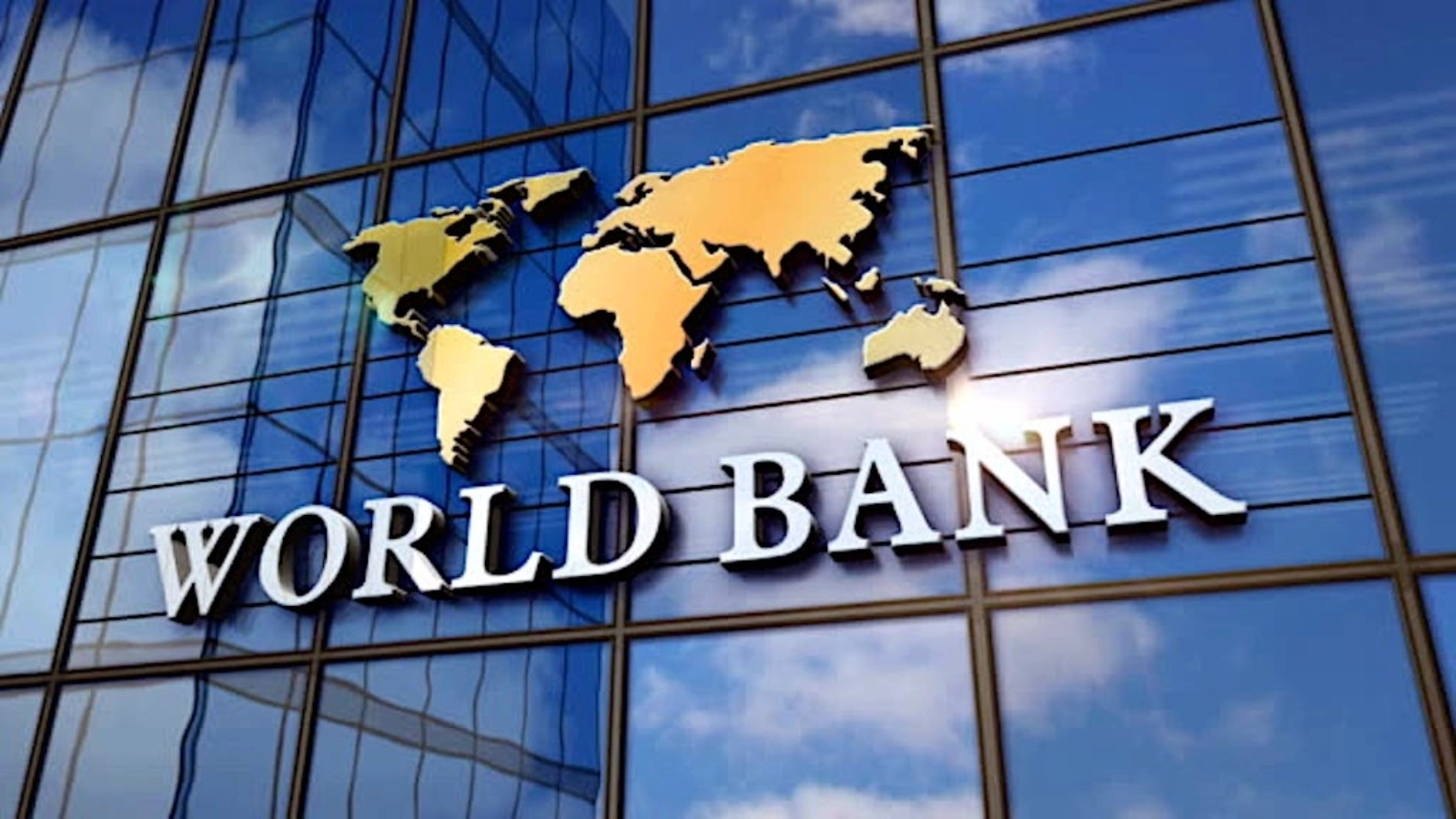



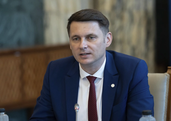

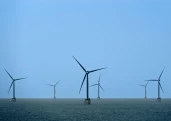






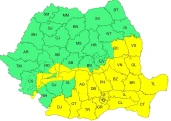






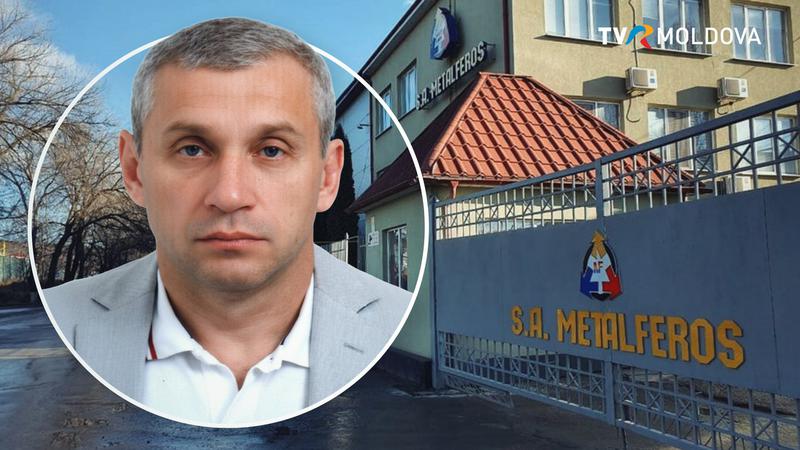
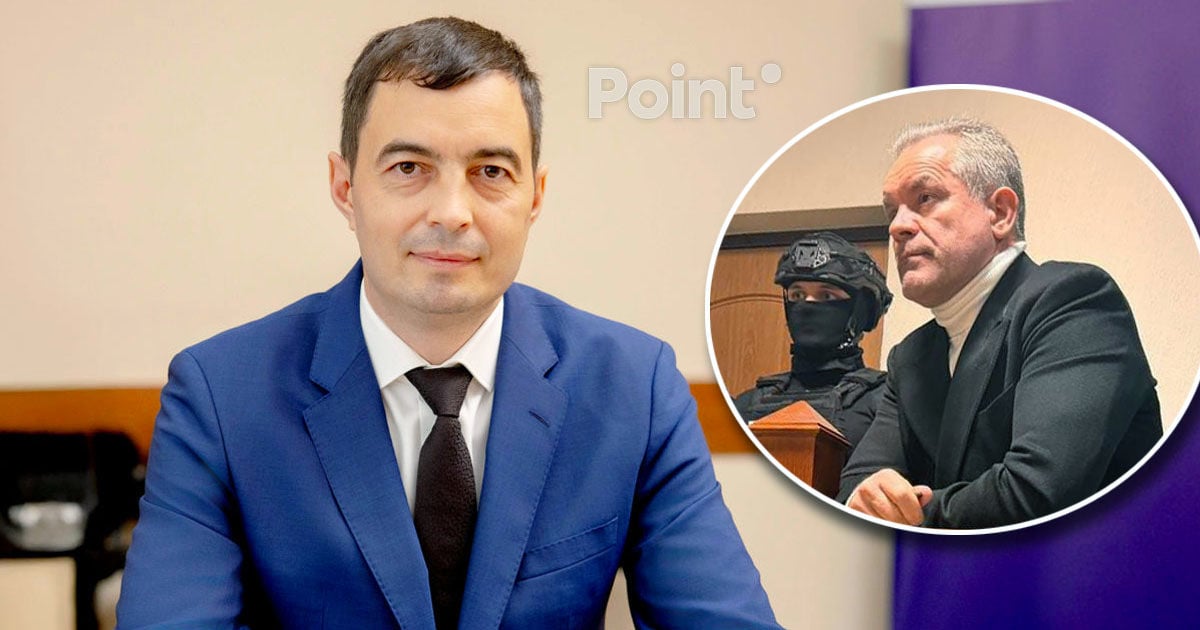





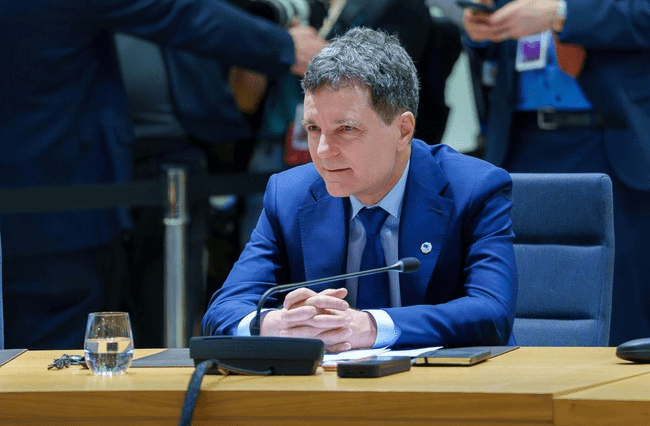



Comentează